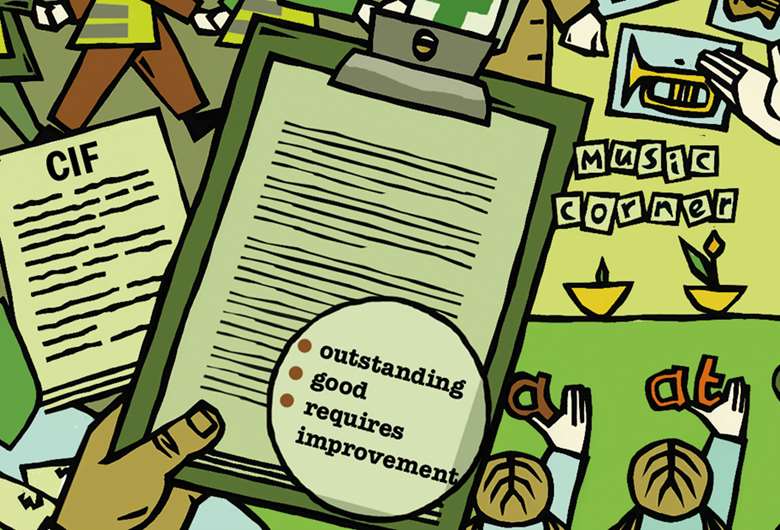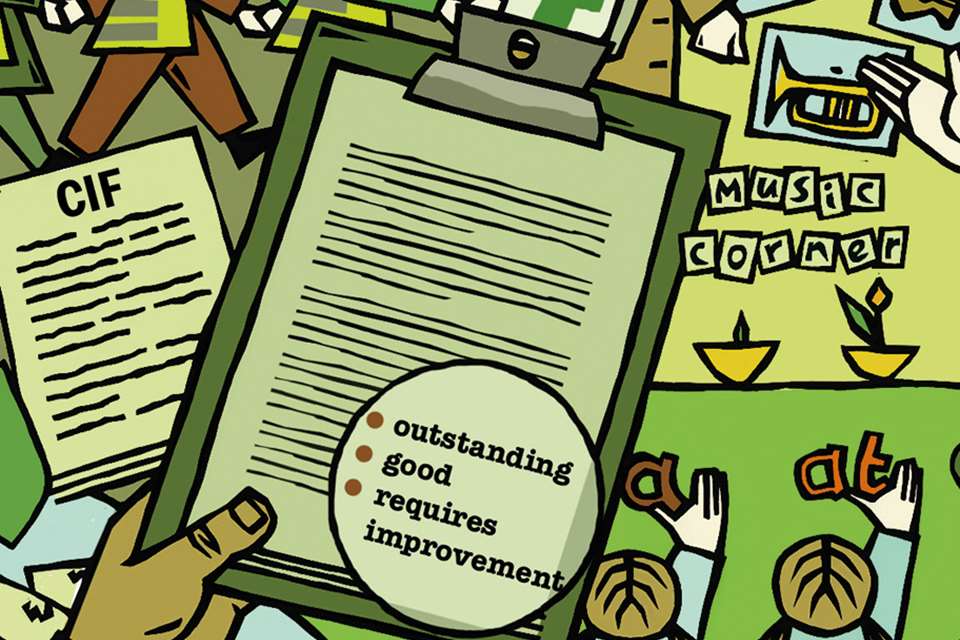Inspection: Part 4 – Disqualifications - Suitability checks
Debbie Alcock
Monday, December 12, 2016
Ex-Ofsted inspector Debbie Alcock continues her analysis of disqualifications, looking at providers’ obligations to check the suitability of staff

 The worst-case scenario for providers is that an allegation is made against a member of staff and, during the investigation, it is discovered that the staff member was disqualified and you cannot demonstrate that you did all you could to employ suitable people. Because not all disqualifiable offences show up on DBS checks (for example, if a care order has been made), employers must show that the questions were asked of both new and existing staff by developing a form that requests the employee to make a declaration that they are not disqualified.
The worst-case scenario for providers is that an allegation is made against a member of staff and, during the investigation, it is discovered that the staff member was disqualified and you cannot demonstrate that you did all you could to employ suitable people. Because not all disqualifiable offences show up on DBS checks (for example, if a care order has been made), employers must show that the questions were asked of both new and existing staff by developing a form that requests the employee to make a declaration that they are not disqualified.
To do this, staff must be aware what the disqualifications are and be made aware that if they are or become disqualified that they may lose their job. It is recommended that you give them the guidance about disqualification, and this can be found on either of the following websites:
Annex B of Ofsted’s October 2016 compliance, investigation and enforcement hand book
Sample forms and detailed information for providers can be found in my book, Barred. (This book also describes real cases where these issues have occurred.)
Checking suitability
Staff may become disqualified at any time. Most nurseries now require staff to sign up to the gov.uk DBS update service, which allows applicants to keep their DBS certificates up to date and employers to check a DBS certificate. In the same way, staff should be completing the declaration form regularly (annually is my recommendation). It is important to note that when undertaking declarations, providers have no right to ask about persons living or working in the home of employees, so may only ask if the employee knows of any reason they may be disqualified by association. Staff must be aware that they should inform the nursery immediately if any issues occur that may make them disqualified, and the nursery must notify Ofsted.
Allegations against staff must be reported within a strict timeframe. Paragraph 3.8 of the EYFS statutory framework says, ‘Registered providers must inform Ofsted or their childminder agency of any allegations of serious harm or abuse by any person living, working, or looking after children at the premises (whether the allegations relate to harm or abuse committed on the premises or elsewhere). Registered providers must also notify Ofsted or their childminder agency of the action taken in respect of the allegations. These notifications must be made as soon as is reasonably practicable, but at the latest within 14 days of the allegations being made. A registered provider who, without reasonable excuse, fails to comply with this requirement, commits an offence.’
There are ten other regulations that relate to suitability of staff and disqualification that a provider must be aware of (paragraphs 3.9 to 3.18.)
DISQUALIFICATION PROCEDURE
There are several things you need to do if a staff member is or becomes disqualified. You must stop them from working with children. Larger nurseries may decide to ask staff to work at headquarters or in offices where they have no contact, but for pre-school playgroups this is often not possible and suspension is the only option. Contact your local authority designated officer and inform them. Contact Ofsted and inform them of the situation. This can be done by telephone or email, but make sure the contact is recorded and can be tracked. Please make sure your staff understand why this is happening by giving them information.
WAIVERS
If a person is found to be disqualified, a waiver can be applied for from Ofsted. The waiver process can take some time. A form needs to be completed and sent to Ofsted stating why a person is disqualified and why Ofsted should lift the disqualification. Inspectors then gather as much evidence as they can and present this to the waiver panel at Ofsted. The outcome is then sent to the setting.
The outcome may be varied. Ofsted could state the waiver has been granted; that the waiver is granted but with some restrictions such as a member of staff’s partner may not be present at the setting (for example, during social events or collecting the member of staff after work); or Ofsted may refuse the waiver and the member of staff remains disqualified.
After Ofsted and maybe social services have completed their investigation and waiver process, you still need to make your own assessment using your policies and procedures, and any human resource information, before taking the staff member back. My advice is to keep both Ofsted as well as your local authority designated officer informed of this.






